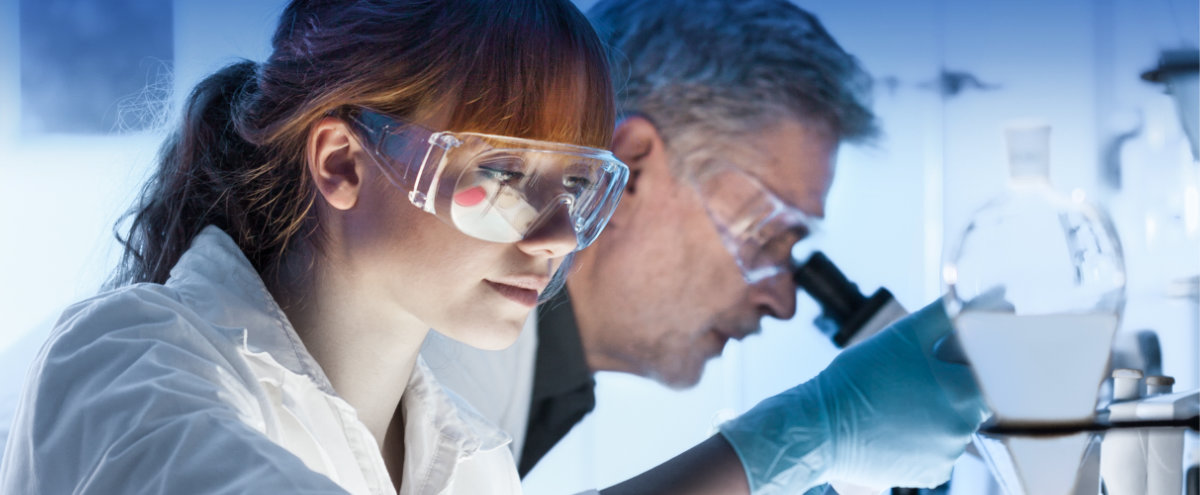Seawater Reverse osmosis (SWRO) pretreatment impact on microbial growth potential
ApplyProject Description
The desalination of seawater using reverse osmosis membranes (RO) is an attractive solution to global freshwater scarcity. However, membrane performance is reduced by (bio)fouling. Considering that (i) the global production of desalinated seawater by RO is at 65.5 million m3/d, (ii) a membrane single membrane production capacity of 12 m3/d, and (iii) an average membrane replacement rate of ~10% to 15% per year due to fouling, then about 825000 membranes go to waste every year worldwide. Among the fouling types, biofouling –membrane deposition of bacterial cells and subsequent microbial growth– is the most difficult to alleviate. The lifetime of RO membranes would be extended if seawater pretreatment units, prior to RO, efficiently removed the material causing biofouling. The problem with pretreatment in desalination plants is that we lack a robust biological-based method to assess their efficiency to remove biodegradable nutrients and microbial cells. Current methods to assess the quality of seawater entering the RO such as turbidity and silt density index do not inform the water’s microbial growth or biofouling potential; hence the performance of the receiving RO membrane is jeopardized.
 Division -
Biological and Environmental Sciences and Engineering
Division -
Biological and Environmental Sciences and Engineering
About the
Researcher
Johannes Vrouwenvelder

Desired Project Deliverables
This research will develop a biological-based monitoring system based on microbial and biofilm growth potential to determine the efficiency of filtration pretreatment processes. The idea is to develop and implement a sensitive method to assess the microbial and biofilm growth potential SWRO pretreatment units.

